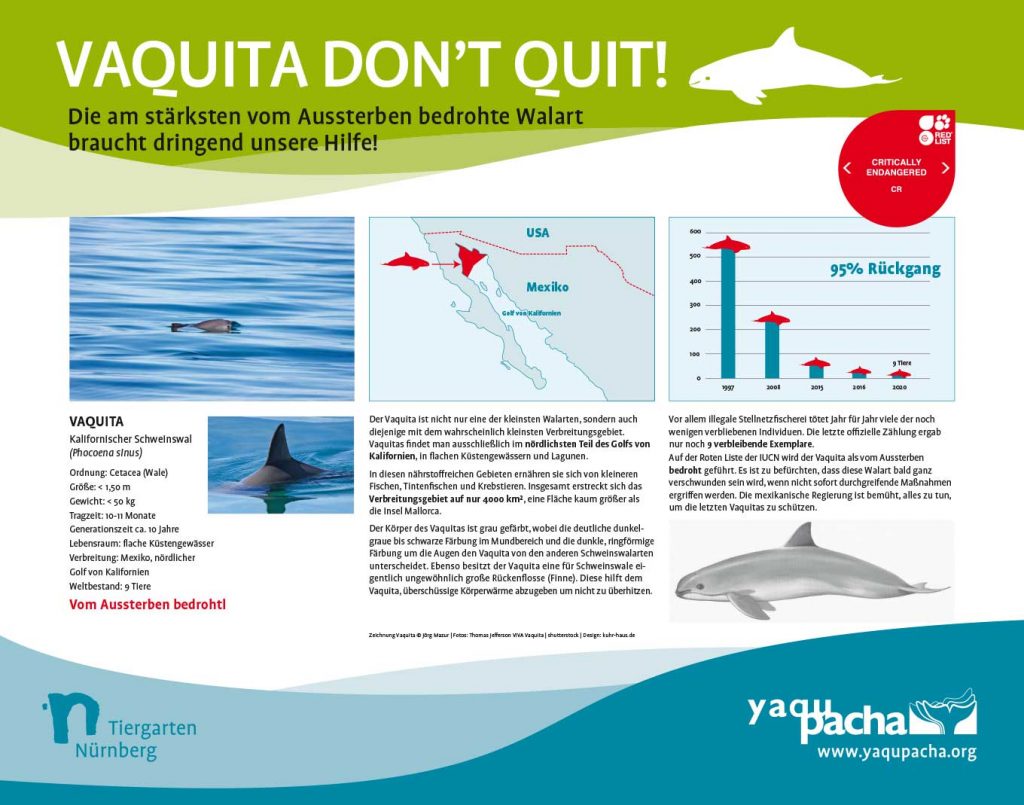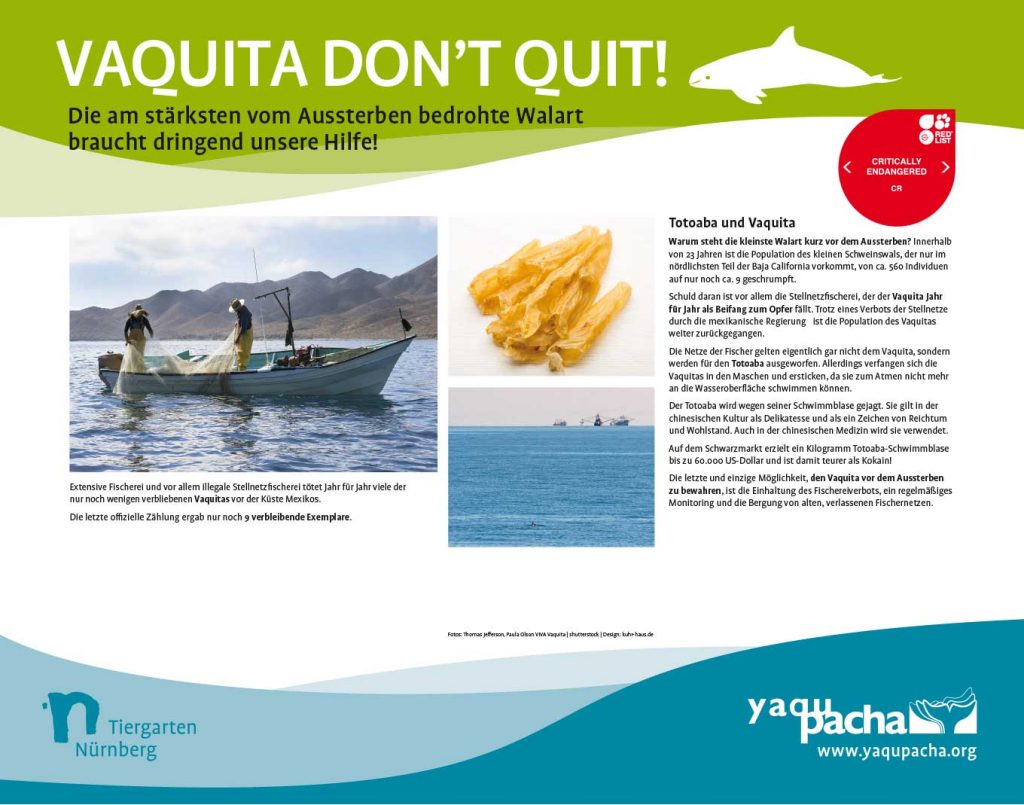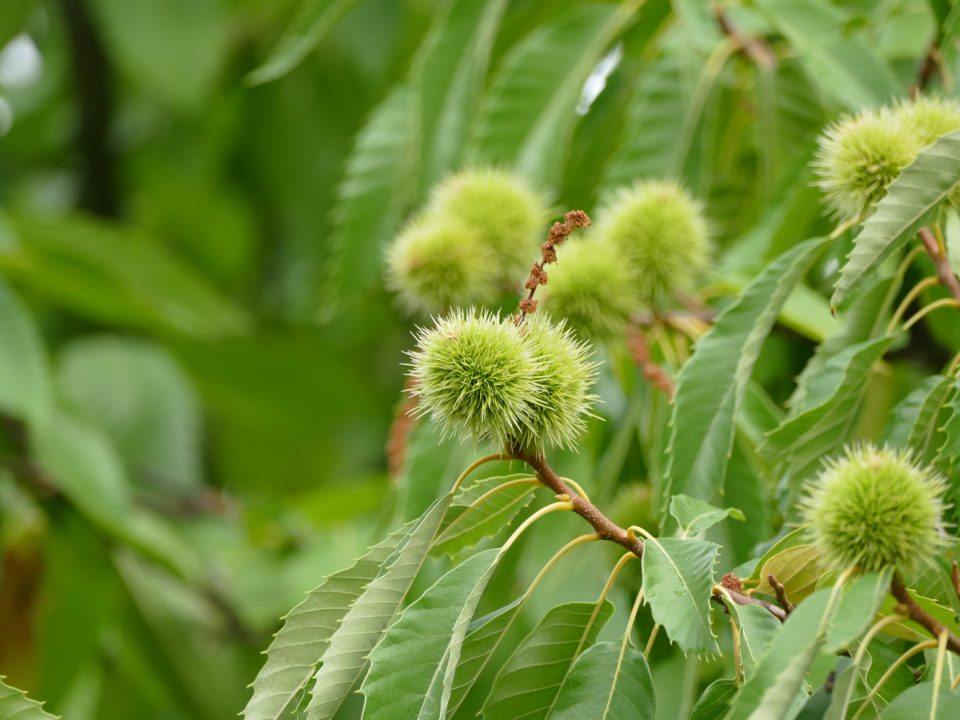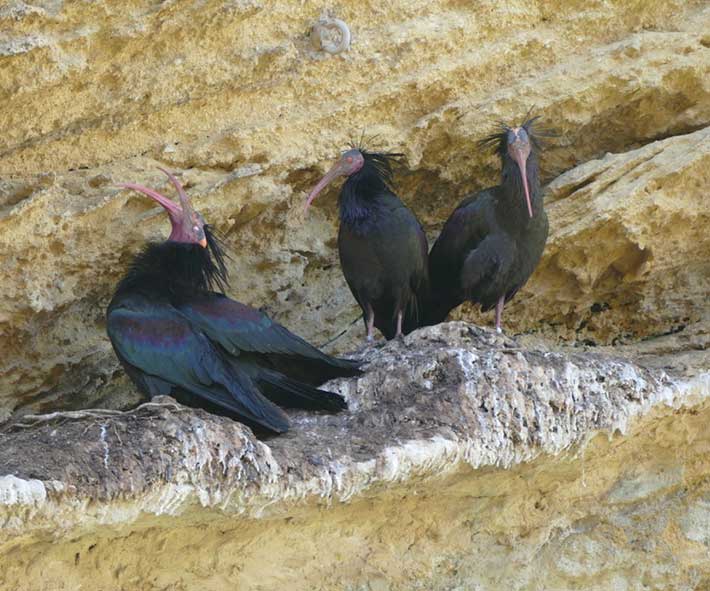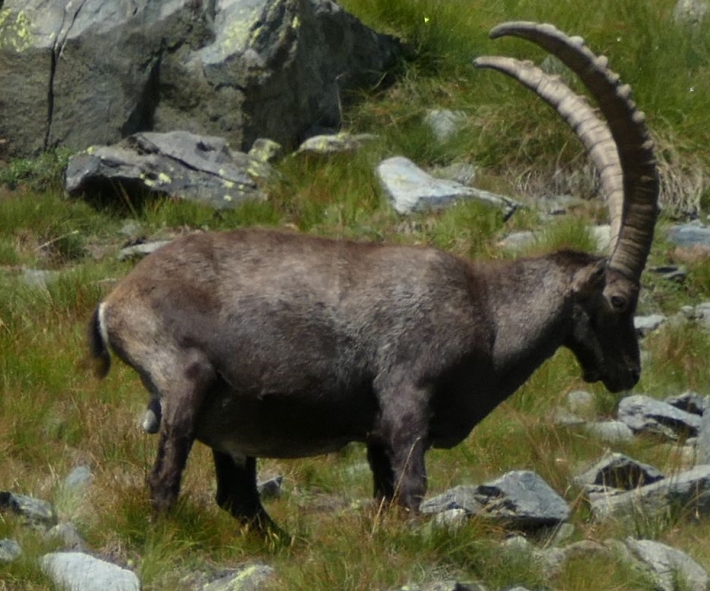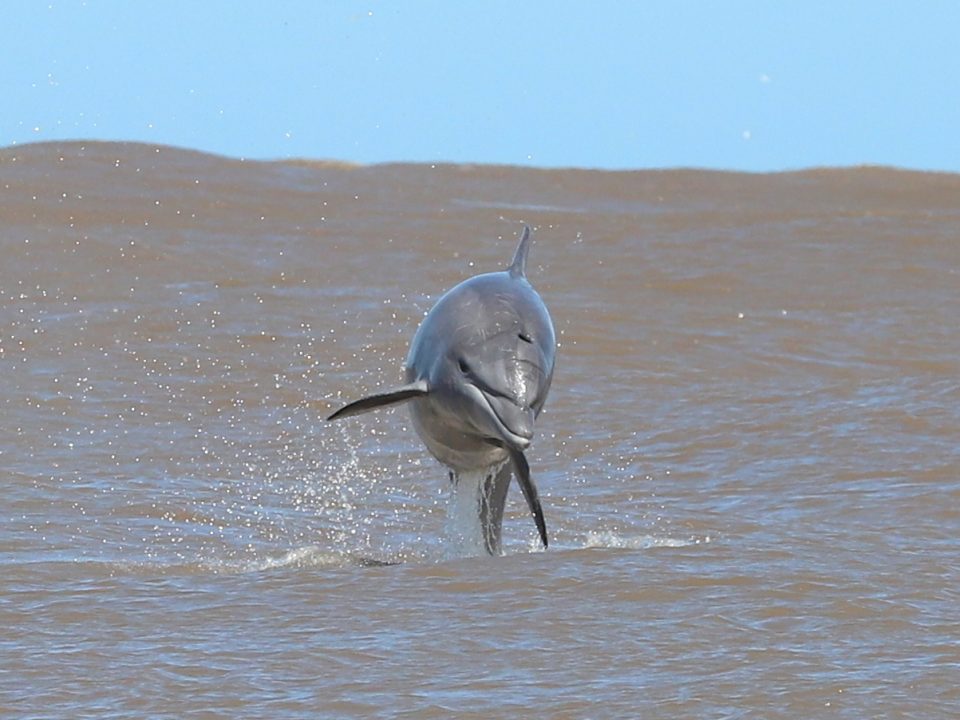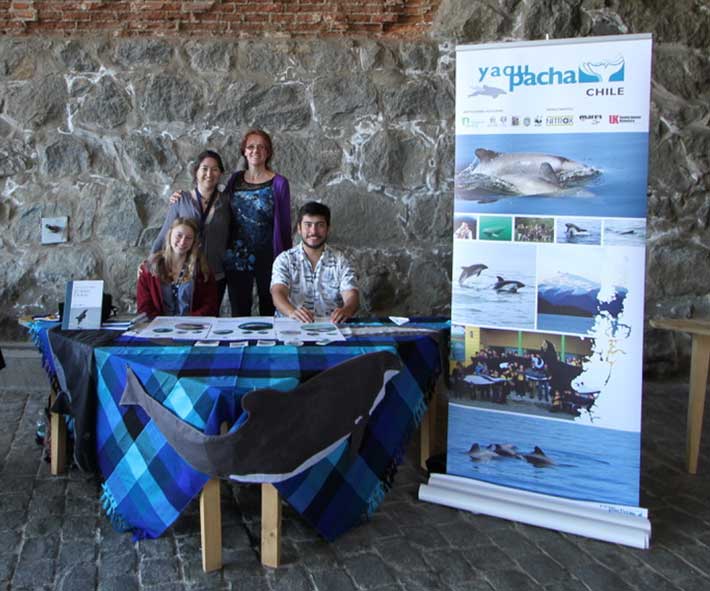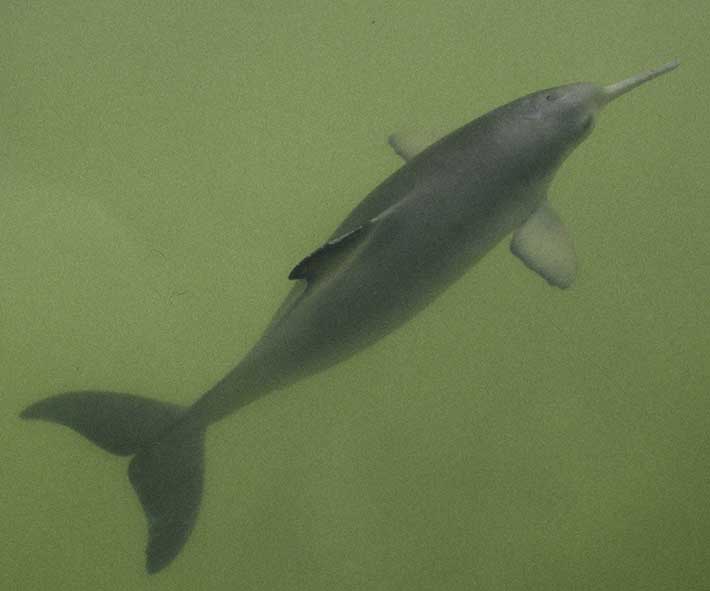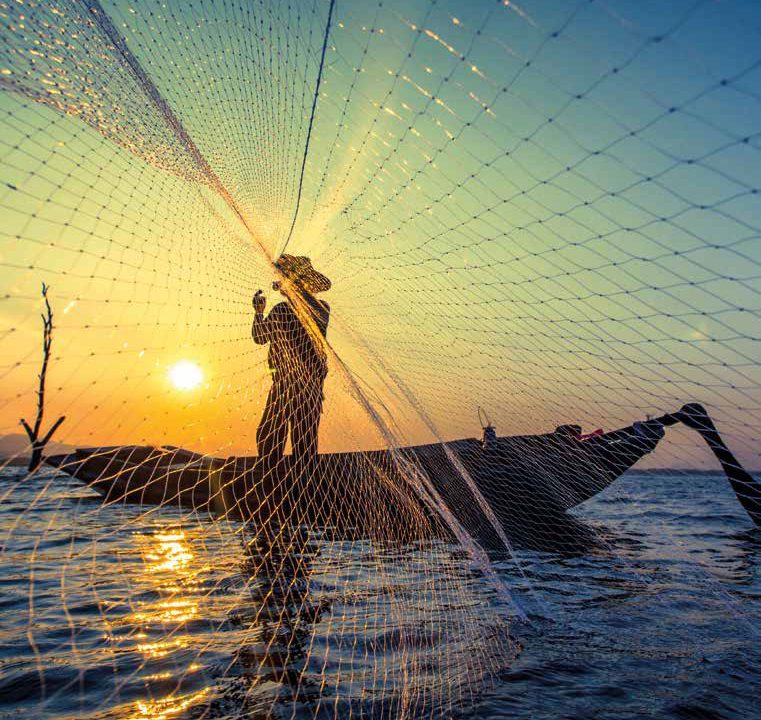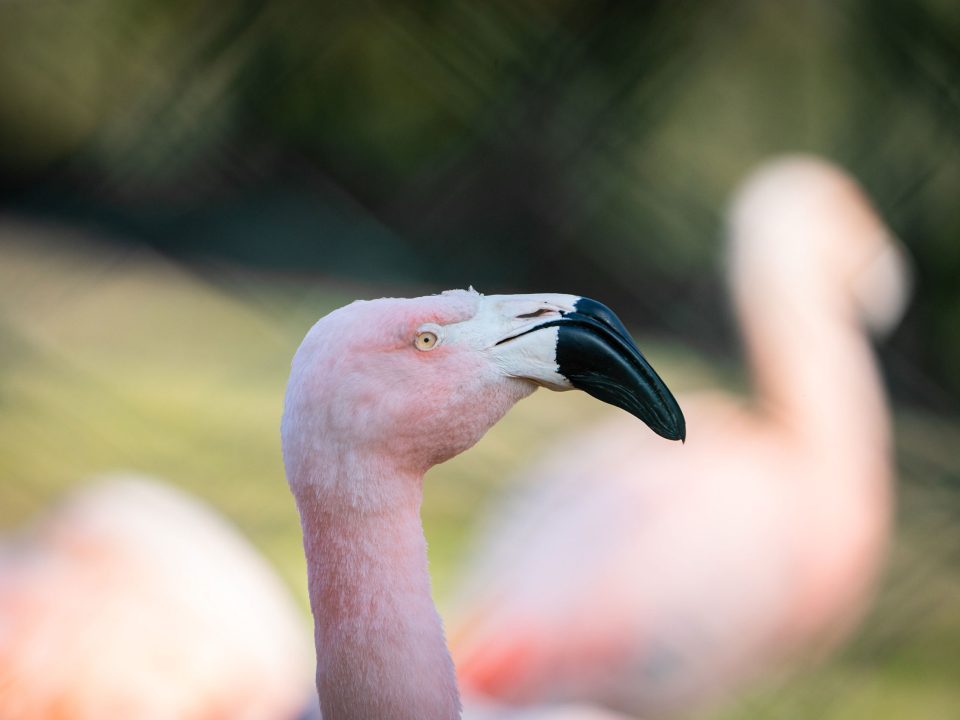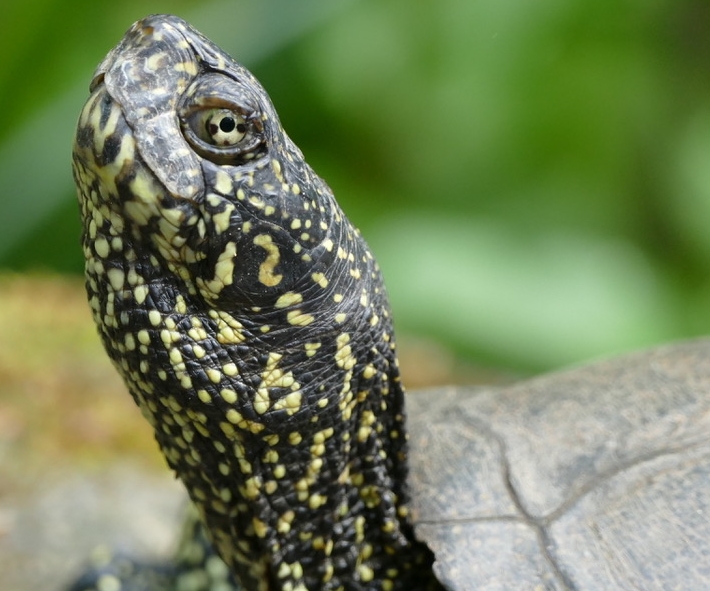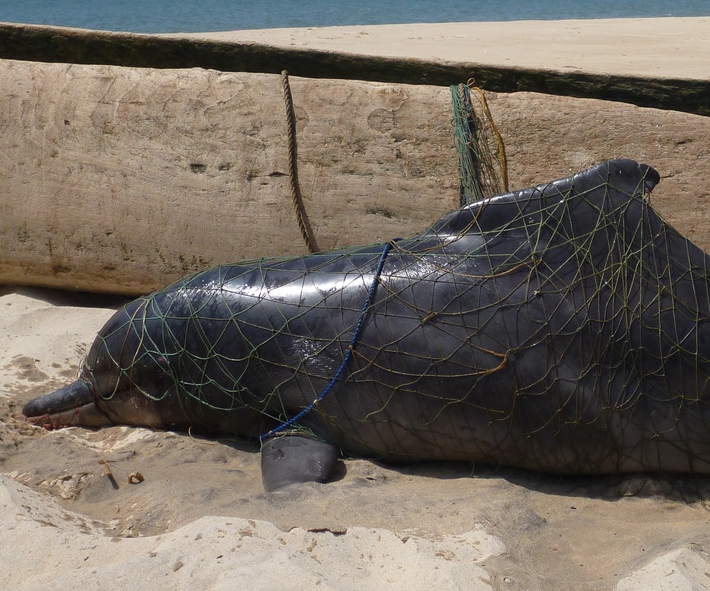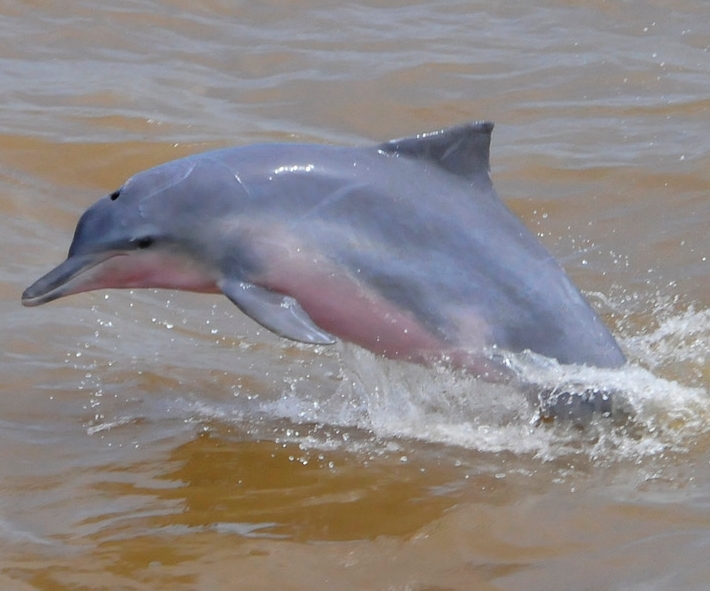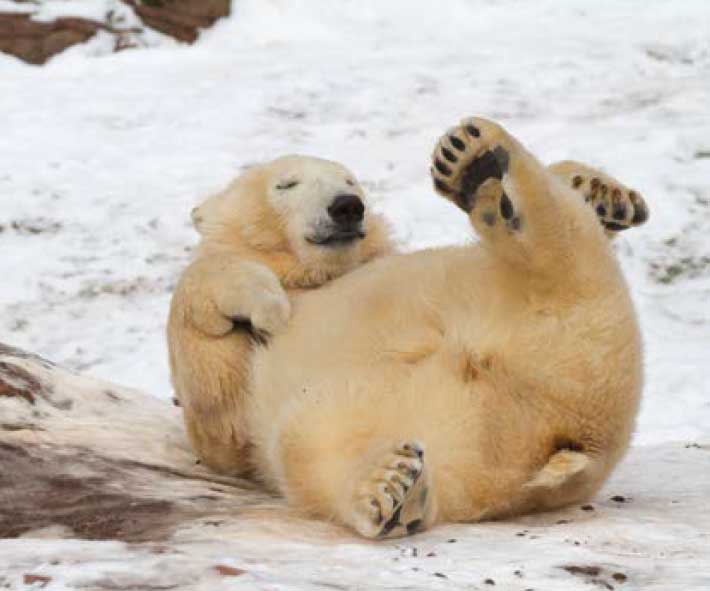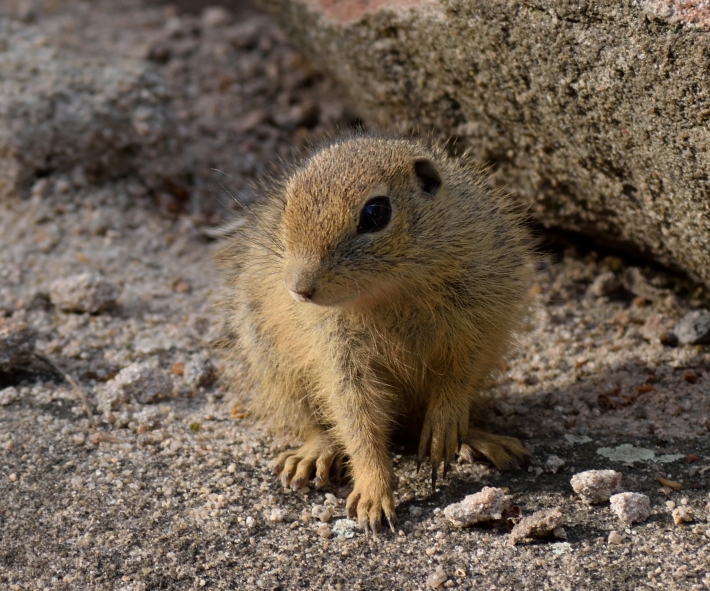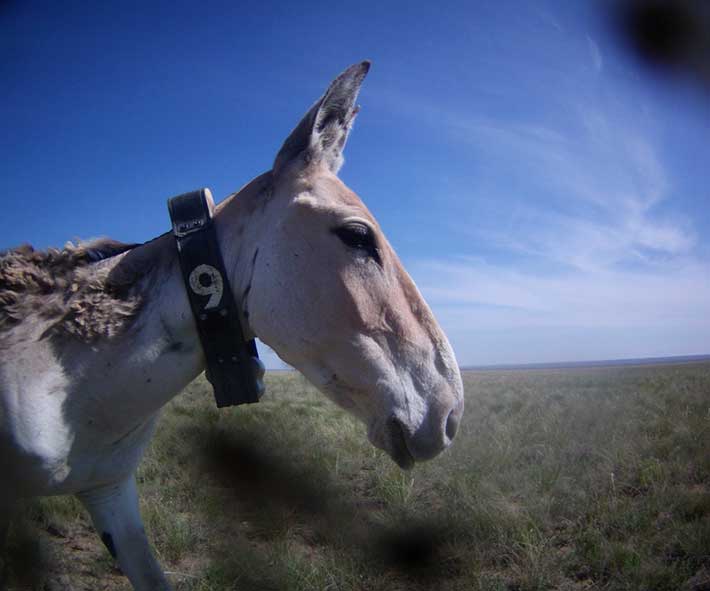
Translocation of Kulans
21/07/2020Vaquita in Trouble

The vaquita (Phocoena sinus) is one of the smallest cetacean species in the world, living exclusively in the northern Gulf of California and, with 4000 km² (which is only slightly larger than the island of Mallorca), also has one of the smallest distribution areas. This distribution area overlaps with that of the totoaba (Totoaba macdonaldi), a large fish from the Sciaenidae family. Totoabas, also critically endangered, are fished intensively because of the value of their swim bladder, which is believed to possess healing properties according to traditional Chinese medicine. Vaquitas are often killed in gillnets and ghost nets designed to capture totoabas. In recent years, vaquitas numbers have plummeted. In 1997 there was an estimated number of 567 individuals, their population decreased to only 30 individuals in 2017 and there is currently estimated to be only 9 (!) individuals left.
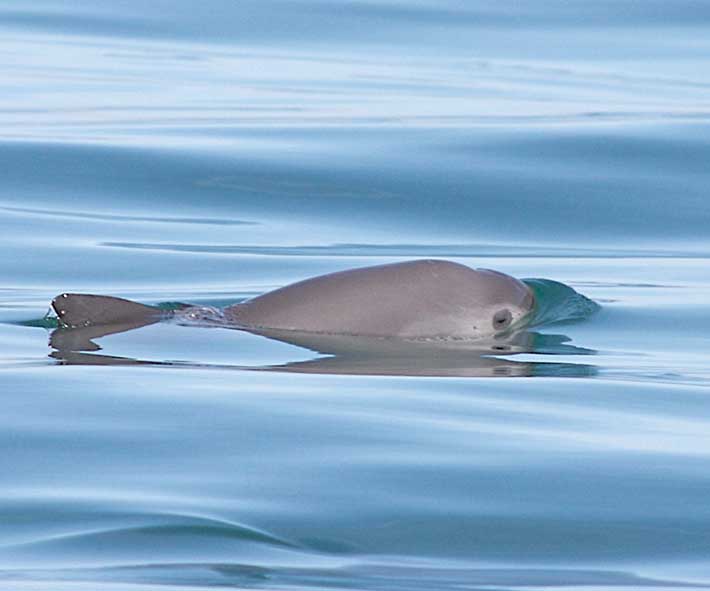
© Thomas Jefferson
Our Contribution
In order to save the vaquita, it is vitally important for us to undertake various measures. The Nuremberg Zoo, together with Yaqu Pacha e.V. and the Association Friends of Nuremberg Zoo, launched the “Vaquita Don’t Quit!” campaign, aimed at raising public awareness of the imminent extinction of this species. Additionally, the campaign directly supports the protection of the last vaquitas by promoting programs to clean up ghost nets, in which the animals continue to die.
The financial support of species protection in the wild (in situ) is an important issue for the Nuremberg Zoo.
Selected articles
Vaquita conservation area to be expanded
There is hope for the endangered vaquita, as the latest counts for this year show an encouraging trend: For the first time, the population is no longer declining. More than a year ago, the Mexican government began placing concrete blocks with steel hooks in the vaquita's protected area in the Gulf of California. These measures have had a clear impact, with illegal fishing falling by 90 %. Fishermen now avoid this area for fear of losing their nets. Due to the success of this measure, the protected area is now being extended. The Mexican government is planning to sink a further 152 concrete blocks with steel hooks over the next few months.




